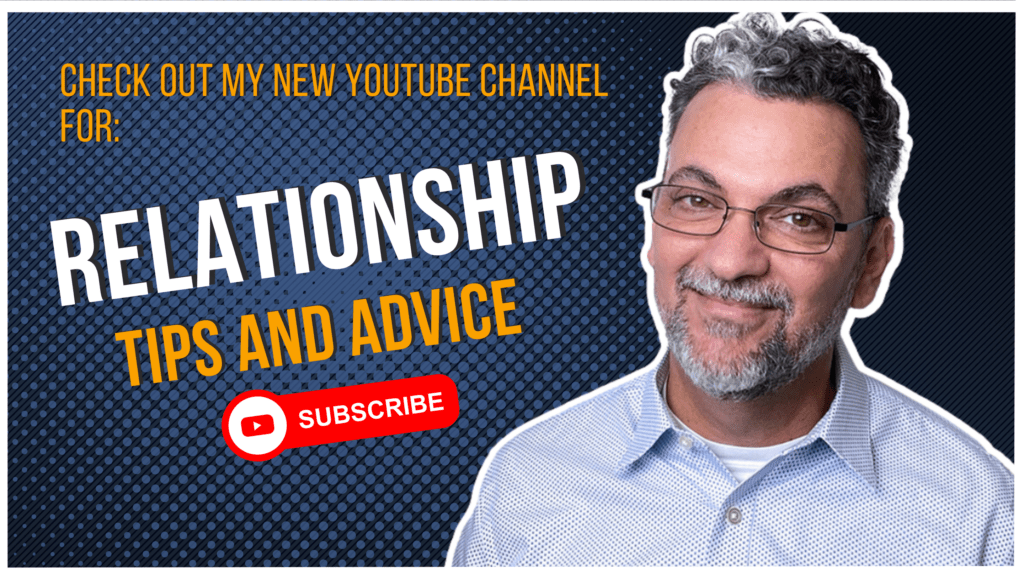Are you finding yourself fixated on a romantic interest or past partners more than you’d like? It’s not uncommon, and you might be surprised to discover that this level of preoccupation might signify a form of self-regulation that’s veering off course. I’m Aaron Jarrels, a marriage and family therapist, and I’m here to delve deeper into the five signs that suggest you might be navigating self-regulation through romantic obsession.
Signs of Romantic Obsession as a Form of Self-Regulation
1. Constant Thought Loop: Are thoughts of your crush or past partners consuming your days? Fantasizing, daydreaming, or even stalking them on social media might actually be a means of avoiding dealing with your own emotions.
2. Idealization: Viewing a romantic interest as the answer to all your prayers can create unrealistic expectations, diverting attention from addressing personal life aspects.
3. Compulsive Behavior: Constantly checking your phone for messages or signals from them could be a coping mechanism to distract from internal anxiety and stress.
4. Avoidance of Intimacy: Sabotaging close moments with a partner to maintain a distant position, allowing space for obsession without genuine closeness.
5. Constant Need for Validation: Seeking continuous compliments or reassurance, either from your partner or outside sources like social media, may temporarily boost self-esteem but overlooks the root cause of low self-worth.
Navigating Healthy Self-Regulation
Recognizing these signs is the first step toward healthier self-regulation. It’s essential to question whether your behaviors stem from a healthy place or if seeking additional support, like confiding in a friend, family member, or a therapist, is necessary. Taking time to focus on personal well-being often paves the way for a more balanced approach to relationships.
Bonus Technique: Nonattachment to Thoughts
A powerful technique to ease self-regulation is practicing nonattachment to your thoughts. By separating yourself from your thoughts and viewing them from a detached perspective, you gain the ability to reframe reactions and responses. This approach allows for more objective assessment and empowers you to alter reactions to inner thoughts and emotions.
Understanding these signs and employing strategies for healthy self-regulation can significantly impact your emotional well-being and relationships. Feel free to share your thoughts and experiences in the comments below, and don’t forget to subscribe for more insights into nurturing healthier relationships.

GET EXCLUSIVE MINDSET TIPS DELIVERED RIGHT TO YOUR INBOX!
Becoming a RE:MIND Insider is free and easy.
RE:MIND Insiders get exclusive content delivered directly to their inboxes. Be sure you never miss out on the insider tips that will change your mind allowing you to win faster and easier.
